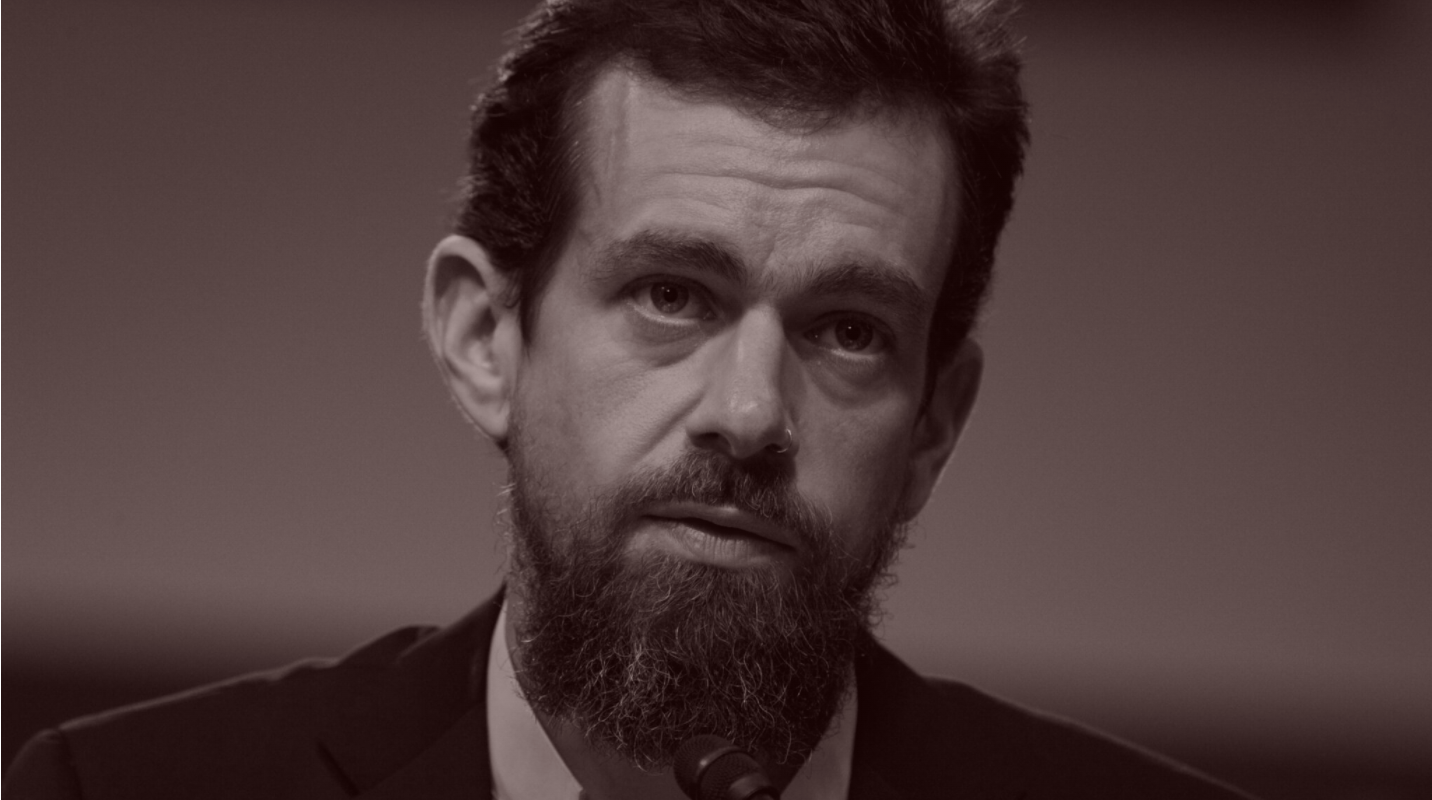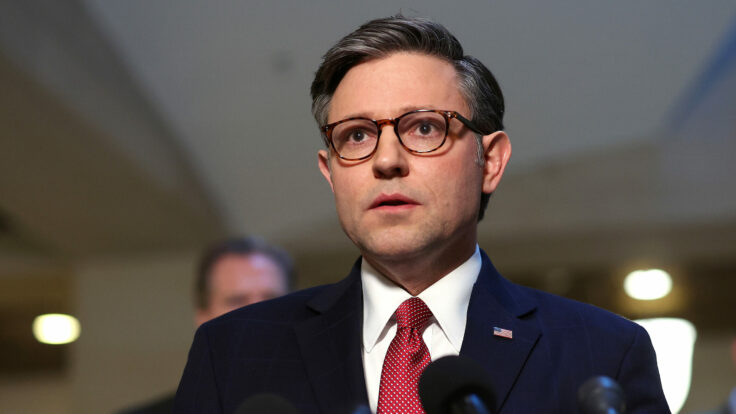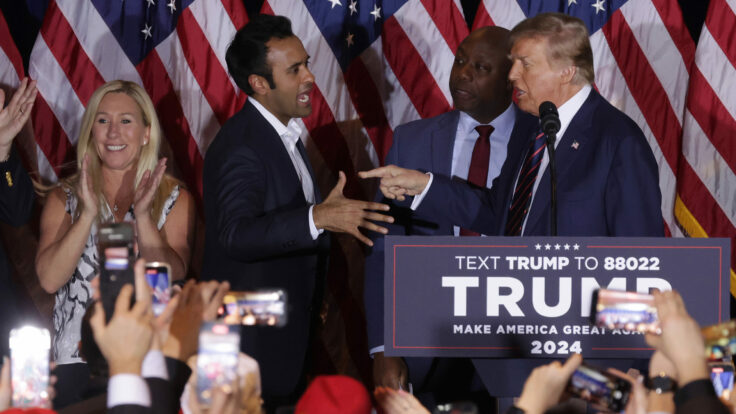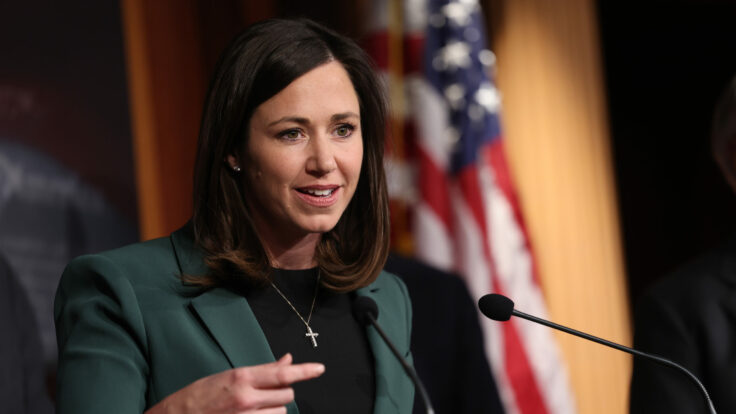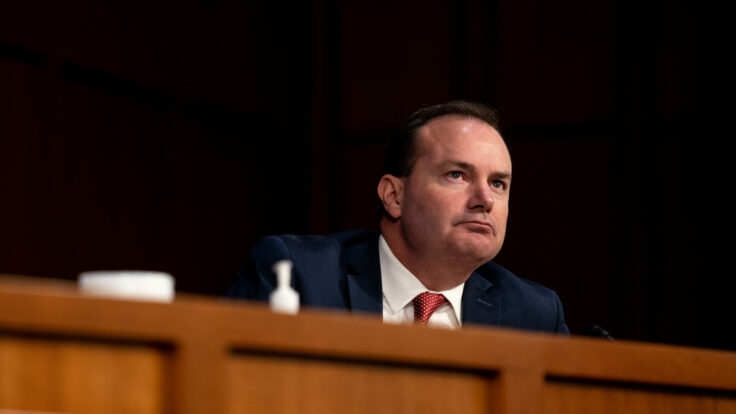|
Hi all, Baratunde here, back in your inbox.
Today, in light of Elon Musk’s bid to buy up Twitter, I’m sharing my reflections on the volatile social media service—as both a longtime user who has seen its potential as an online community, and as a frustrated critic, troubled by the havoc it’s wrought on our public discourse. I’m not convinced that, helmed by Musk, any of Twitter’s fundamental problems will be resolved. Could they get any worse?
Baratunde
P.S. You're receiving the free version of this email at {{customer.email}}. For full access to Puck, and to each of my colleagues, subscribe here.
Twitter, which was once a peer with Facebook, is now 1/15th its size, and its most fastidious user is trying to take it private, while everyone—Democrats, Republicans, mom-fluencers, journalists—hates the damn thing despite their own contrary addictions. Herewith, an anatomy of a social media tragedy. For two weeks, we’ve been paying a lot of attention to Elon Musk’s intentions toward Twitter, including his announcement today that he has the $46.5 billion in financing to take it private. But I’m not here to write about Elon so much as I am to write about Twitter. Why is Twitter, which came to prominence for helping to catalyze the Arab Spring and then largely shirked all responsibility for platforming the uncontained id of Donald Trump, being trolled by a bored mega-billionaire? It didn’t have to go this way. But the story of how Twitter lost its way is as much about changes in our culture as it is about a lack of changes in the business.
First, remember that for the majority of its life, Twitter has been text-only. And for the earliest part of its life, that was a good thing. I first got online around 1993 through dial-up bulletin board systems. Text was exciting. Graphics as they existed back then took minutes to load, and we leaned on text to communicate, and then leaned on our imaginations to fill in the blanks. When Twitter launched, in 2006, it leaned into this reality. It’s one of the reasons I began using the platform soon thereafter.
But several decades into the 21st century, we’ve got some new tools. Our phones are mobile audio production units, cameras, and graphics-rendering supercomputers. Our tastes have evolved beyond simple text, and so has our desire to experience more rich media in our digital social lives...
FOUR STORIES WE'RE TALKING ABOUT Will the world’s richest man risk his stake in Tesla, precarious as it is, to acquire Twitter? WILLIAM D. COHAN With Ohio's G.O.P. primary approaching, Peter Thiel is doubling down on J.D. Vance. What will a win—or a loss—do for the billionare's national ambitions? THEODORE SCHLEIFER The Pennsylvania G.O.P. Senate race—the most bizzare of the season, featuring an absurdist cast of characters—enters the final stretch. TINA NGUYEN Media reporter Bill Carter chats about late-night talk shows' existential struggles, and what a Lorne-less SNL might look like. MATTHEW BELLONI 
|

